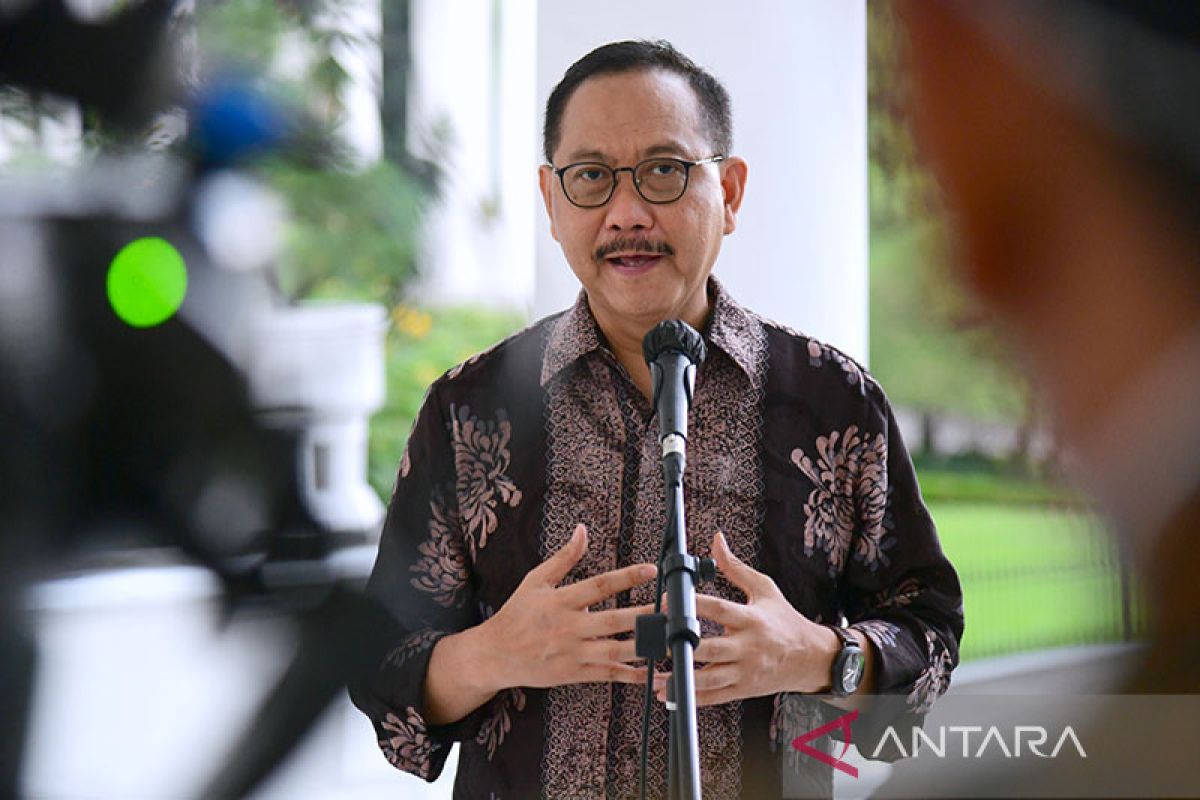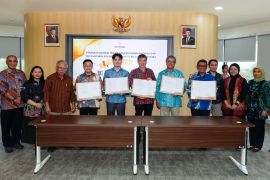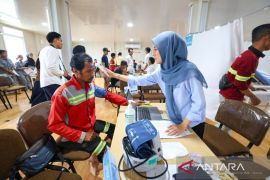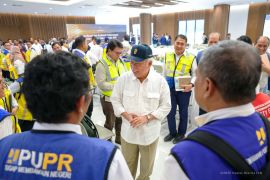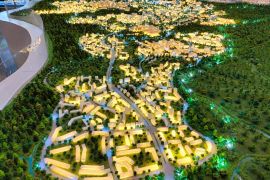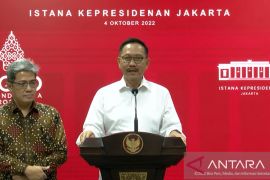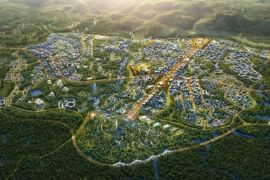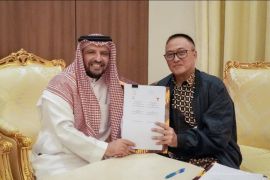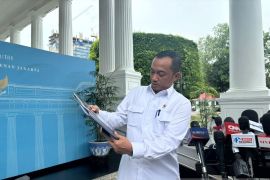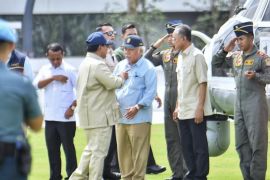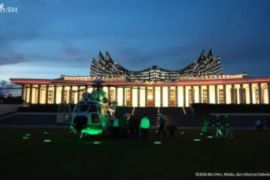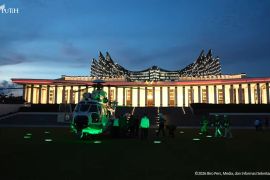At the Clean EDGE Trade Mission Agenda meeting, Susantono also explained the designation and requirements for a new renewable energy system for the new capital.
"IKN is designed to be a green, inclusive, smart, worry-less, and sustainable forest city," he remarked.
The green energy implementation includes an electric power system that will be developed in three stages.
First, the short-term plan (2022–2023) will encompass PV rooftop and EV support at public, commercial, residential, industrial areas, and charging stations.
In the medium-term (2024–2025), the authority will develop a 70-MW wind farm and a 50-MW solar farm. Meanwhile, as part of the long-term (2026–2045) agenda, a hydroelectric power plant with a capacity of 910 MW will be built in 2028.
"There are at least three concepts that will be applied in developing the city," Susantono said.
The first concept is that of a forest city dominated by a forest structure that functions as an ecosystem to create a life close to nature, he said.
The next concept is that of a sponge city, where water absorption is enhanced to reduce flooding and improve the quality and quantity of clean water, he added.
The third concept is that of a smart city, which is dynamic, inclusive, supported by the community, and ready to face the future, he said.
"Cities that are supported by technology as an accelerator for increasing productivity and quality of life," Susantono added.
On the same occasion, the IKN Transition Team's coordination head for technology transformation and innovation, Mohammed Ali Berawi, said that there are opportunities for cooperation in the IKN economic superhub.
The vision of the Nusantara economic superhub will be realized through strategic, resilient, and innovative economic clusters, he informed.
Related news: Nusantara development draws foreign investments: Minister Pandjaitan
Related news: Some 80 percent budget for IKN sourced from PPP, investment: President
Translator: Putu S, Kenzu T
Editor: Rahmad Nasution
Copyright © ANTARA 2022
